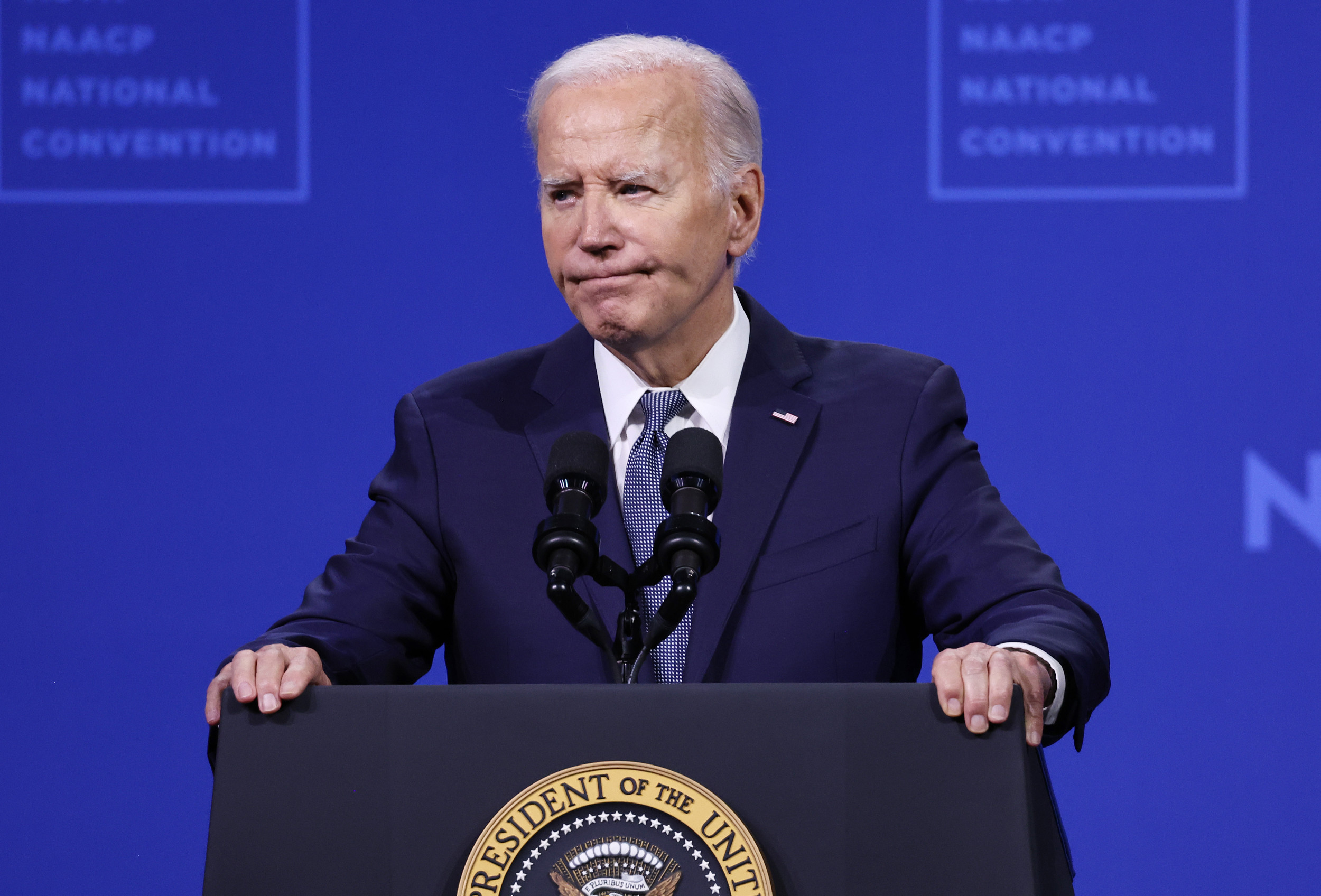President Joe Biden signed a bill into law on Saturday, averting a government shutdown and concluding a period of intense political maneuvering in Washington. The legislation, passed just after the deadline, provides temporary funding for the government at current levels through March 14. It also includes $100 billion in disaster relief and $10 billion in agricultural aid for farmers, but it excludes President-elect Donald Trump’s demands for debt limit increases in the package.
House Speaker Mike Johnson, R-La., assured lawmakers that the government would remain operational, stating they would “meet our obligations.” However, the deal faced uncertainty during a tumultuous week as Trump insisted on tying the funding plan to a debt ceiling increase, threatening to let the shutdown begin otherwise.
Ultimately, Johnson’s revised proposal passed the House in a 366-34 vote and the Senate by a margin of 85-11 after midnight. The White House announced that shutdown preparations had ceased.
“There will be no government shutdown,” affirmed Senate Majority Leader Chuck Schumer, D-N.Y.
After speaking with Trump, Johnson called the resolution “a good outcome for the country” and noted the president-elect was satisfied with the result.
This resolution marked Johnson’s third attempt to fulfill the government’s basic responsibility of remaining operational. The challenges he faced have raised concerns about his ability to maintain support among Republicans, some of whom criticized the deficit spending included in the bill. Rep. Andy Harris of Maryland and others voiced dissatisfaction with the leadership and signaled a contentious road ahead for Johnson, whose position as speaker may come under threat when the House reconvenes in January 2025.
Trump’s insistence on an immediate debt limit increase presented an almost insurmountable obstacle for Johnson, who lacked sufficient support within the Republican majority to pass a funding package alone. Many fiscal conservatives oppose additional borrowing without significant federal spending cuts.
With Republicans set to control the White House, House, and Senate in the new Congress, the party faces the challenge of balancing ambitious priorities like tax reform while depending on Democrats for routine governance measures.
The federal debt currently stands at approximately $36 trillion, with rising inflation pushing borrowing costs to unprecedented levels. While extraordinary measures by the Treasury Department could delay a default until mid-2025, Trump sought to avoid any debt ceiling debates during his upcoming presidency.
GOP leaders have deferred the debt limit debate, indicating it will be addressed alongside tax reform and border security proposals in the new year. They have also tentatively agreed to raise the ceiling while committing to $2.5 trillion in spending cuts over the next decade.



